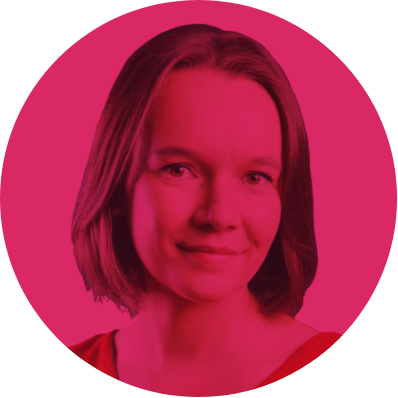
Laurence – work, being a parent and working in Ei SMART
Read about Laurence’s experience of parenting, and volunteering with Ei SMART.
Laurence Galland is an Executive Coach. Prior to this, Laurence spent 10 years in the food and tourism industries as a Senior Human Resources professional.
She joined the Executive Committee of the British Association for Neonatal Neurodevelopmental Follow-Up (BANNFU), a Special Interest Group of the British Association of Perinatal Medicine (BAPM). Laurence is also a member of the Ei SMART management team.
My son Gabriel was born in London in December 2019 at 25 weeks. He stayed in the neonatal unit for 3 months and was discharged early as hospitals had to make extra capacity to deal with the Covid-19 pandemic. His father and I took him home, not feeling completely ready as he was supposed to stay a few more weeks in hospital. Gabriel had only been able to breathe without oxygen support for a few days; he had just gone through a second brain surgery and stomach infection, and we were waiting for a potential third brain surgery.
What has saved my baby in the neonatal unit was going to play a crucial role after his discharge, being isolated at home during lockdown: the positive collaboration between parents and health professionals, working as one team to provide my baby with the best possible care.
Health professionals have the medical knowledge and parents know their babies better than anyone else. They know intuitively when something is right or wrong with them.
I learnt a lot when I was in the hospital with Gabriel. I also noticed that I really had an impact on his health. Not only with kangaroo care or when I was interacting with him – I knew when to alert the medical staff; when something felt wrong; when his behaviour changed. I knew how to settle him; reduce his pain, and help him go through the different challenges thrown at him. And most importantly, I have learnt how to communicate and collaborate with all the health professionals supporting him. Having learnt all these new skills in a neonatal unit that understood and promoted the importance of this collaboration really made a difference for Gabriel.
When we came home, I was equally impressed by the efforts everybody put into early intervention practices. From home, I was the main point of contact and the one orchestrating this symphony played by Consultants, therapists, paediatricians, surgeons, charities and other health professionals from different hospitals, who were doing their best to support Gabriel as early as possible. I could witness how each professional played their part, liaising with each other remarkably.
It is a neonatologist Consultant who shared with me the first Ei SMART leaflet when I asked her for advice about early intervention techniques to support his development. As a new Mum isolated at home, these leaflets were invaluable for me.
A physiotherapist referred me to a charity that helps children with motor problems.
Gabriel is now 16 months old corrected age and he is making very good progress considering his rocky start in life and brain haemorrhage.
Every time I look at him doing so well, I can picture hundreds of faces: all the wise people who understood that the key to improving long-term outcomes of infants at high risk of developmental problems is a positive collaboration between parents and health professionals, adopting an early intervention approach.
As a professional coach, I have been able to witness one more time the miracles that are made possible by people who adopt a growth mindset, always looking at what can be improved and using each others’ strengths, and foremost the strength of the baby and their family.